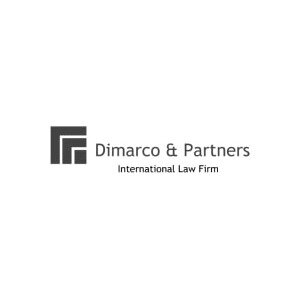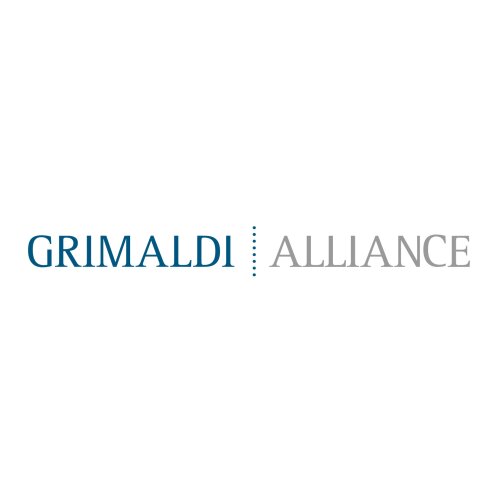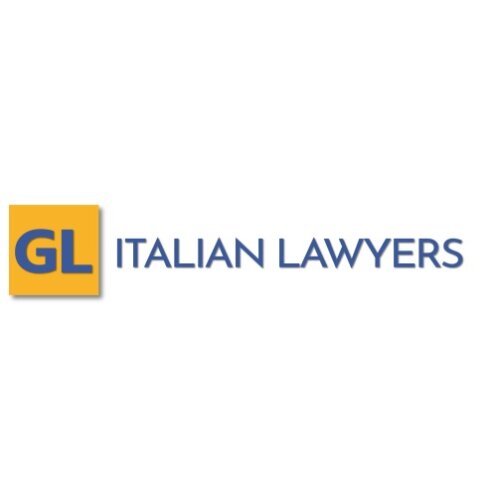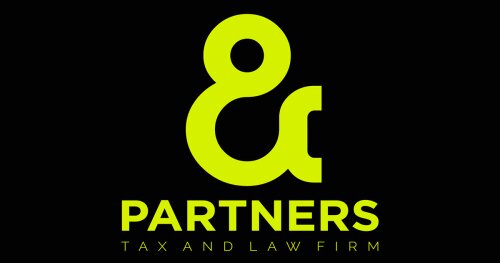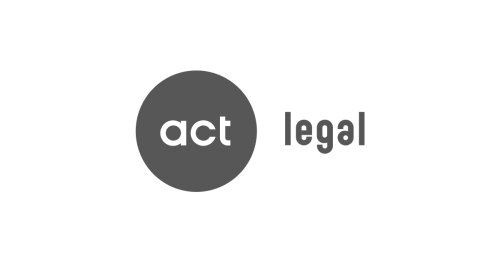Best Tax Lawyers in Milan
Share your needs with us, get contacted by law firms.
Free. Takes 2 min.
List of the best lawyers in Milan, Italy
About Tax Law in Milan, Italy
Tax law in Milan, Italy, involves the regulations and requirements that govern how taxes are collected and managed within the city and its surroundings. As Italy's financial and economic hub, Milan aligns with national tax laws while also managing locally applicable levies such as property and municipal taxes. The Italian tax system includes income taxes, corporate taxes, value-added tax (VAT), and more, all of which are administered by the Italian Revenue Agency. Milan, being a significant economic center, also sees international business dealings which can lead to complex tax obligations.
Why You May Need a Lawyer
Individuals and businesses in Milan may need a tax lawyer for various reasons. Complexity arises due to the intricacies of local, national, and international tax law. Common situations where legal help is sought include:
- Filing income tax returns that involve foreign income.
- Resolving tax disputes or audits by tax authorities.
- Estate planning to minimize inheritance taxes.
- International businesses navigating cross-border taxation.
- Understanding changes in tax law and compliance requirements.
- VAT complexities, particularly for businesses dealing with goods and services in the EU.
Local Laws Overview
Tax laws in Milan are part of the broader Italian tax system, which is governed by several laws and decrees. Key aspects include:
- Income Tax: Italian residents are taxed on their worldwide income, whereas non-residents are taxed only on Italian-sourced income.
- Corporate Tax: Companies pay a corporate tax known as IRES, and a regional tax on productive activities called IRAP.
- Value-Added Tax (VAT): VAT is applicable to most goods and services, with different rates depending on the type of product or service.
- Property Tax: IMU is a council tax paid on the ownership of a property, with certain exemptions applicable.
- Municipal Taxes: These include waste management taxes and other local levies.
Frequently Asked Questions
What is the deadline for filing personal income tax returns in Italy?
The deadline for filing personal income tax returns typically falls on November 30th for taxpayers using the pre-filled tax return method, and September 30th for those filing autonomously.
Are there tax incentives for businesses in Milan?
Yes, various tax incentives are available, particularly for startups, research and development activities, and environmentally sustainable investments.
How can expatriates manage their tax obligations in Milan?
Expatriates should ensure they understand the tax residency rules and double taxation agreements between Italy and their home countries. Consulting with a tax professional is advisable.
What penalties apply for late payment of taxes?
Late payment penalties vary but generally include fines and interest on unpaid taxes. It's crucial to address tax obligations promptly to avoid additional costs.
Can business losses be carried forward in Italy?
Yes, businesses can carry forward losses indefinitely, but there are limitations on the portion of losses that can be offset against future profits, particularly for corporate entities.
How are capital gains taxed?
Capital gains are generally subject to a 26% tax rate. However, exemptions or different rates may apply depending on the nature of the asset and holding period.
Are there special tax provisions for freelancers and sole proprietors?
Freelancers and sole proprietors may benefit from simplified tax regimes such as the flat-rate scheme, which applies under certain conditions and offers lower rates.
Do international tax treaties affect local tax obligations?
Yes, Italy has numerous tax treaties that can affect tax obligations, particularly in cases of income derived from foreign sources to avoid double taxation.
Is tax advice deductible as a business expense?
Yes, tax advice and other professional services necessary for running a business are generally deductible as business expenses.
What documentation should be kept for tax purposes?
Individuals and businesses should retain comprehensive records of income, expenses, invoices, bank statements, and, where applicable, foreign income documentation for at least five years.
Additional Resources
For those seeking additional information or support, consider consulting:
- The Italian Revenue Agency (Agenzia delle Entrate) for official guidance and resources.
- Local chapters of professional accounting and tax organizations for workshops and advice.
- Legal professionals specializing in Italian tax law for personalized advice and assistance.
Next Steps
If you find yourself in need of legal assistance regarding tax issues in Milan, consider the following steps:
- Consult with a licensed tax attorney or advisor familiar with local and international tax law.
- Gather all relevant documentation and information related to your tax query.
- Schedule a consultation to discuss your specific needs and potential strategies.
- Stay informed about changes in tax legislation that may affect your obligations.
Lawzana helps you find the best lawyers and law firms in Milan through a curated and pre-screened list of qualified legal professionals. Our platform offers rankings and detailed profiles of attorneys and law firms, allowing you to compare based on practice areas, including Tax, experience, and client feedback.
Each profile includes a description of the firm's areas of practice, client reviews, team members and partners, year of establishment, spoken languages, office locations, contact information, social media presence, and any published articles or resources. Most firms on our platform speak English and are experienced in both local and international legal matters.
Get a quote from top-rated law firms in Milan, Italy — quickly, securely, and without unnecessary hassle.
Disclaimer:
The information provided on this page is for general informational purposes only and does not constitute legal advice. While we strive to ensure the accuracy and relevance of the content, legal information may change over time, and interpretations of the law can vary. You should always consult with a qualified legal professional for advice specific to your situation.
We disclaim all liability for actions taken or not taken based on the content of this page. If you believe any information is incorrect or outdated, please contact us, and we will review and update it where appropriate.







